Why Study Asia?
Why Study Asia?
Asia is home to the majority of the world’s population and many of its oldest civilizations. The peoples of Central, South, East and Southeast Asia have produced some of the world’s most sophisticated cultures, many of which continue to thrive in the 21st century. Asia plays a major role in shaping the global environment—economic, political, natural—that we all share. In a globally interconnected world, knowledge of cultures and languages other than your own can create meaningful connections. As Jim Nealis, the program’s benefactor, discovered early in his career, knowledge of Asian societies was vital to his professional success. The Nealis Program in Asian Studies ensures that Saint Joseph’s University students have the resources they need to become engaged global citizens, skilled in the crafts of international exchange and prepared for the interconnected world of now and the future that lies ahead.
Notes from Study Abroad
Meilyn Frank, China, Summer 2025
The Beijing Center, a Jesuit and SJU-Approved Program
大家好! Hello everyone! My name is Meilyn Frank and I studied abroad in Beijing, China 北京, 中国 this past summer. I stayed at the University of International Business and Economics (UIBE) where I got to meet people from all over the world!
Over the course of three weeks, I saw Beijing’s most popular sites like the Great Wall and Summer Palace. It felt absolutely surreal to climb the mountainous steps of the wall and look out to see it trail off in the distance. In addition, I found a St. Joseph’s Church, and it reminded me of home even thousands of miles away.
I was terrified at the thought of going halfway across the world, but I kept telling myself I’m going to keep saying “Yes!” until literally I’m on the plane. Before I knew it, that’s exactly what I was doing, sitting on the plane, and I am so thankful I did.
The most rewarding part of my experience was experiencing the beauty of China. From the architecture to the mountains, to the various parks, I found China absolutely stunning. Climbing the Great Wall and looking out to the wall stretching out for miles was a surreal experience I'm so grateful to have gotten. Everywhere I went the natural beauty of China brought my mind and body to a place of serenity.
A “rose” from my trip was the food. Every single meal made my mouth melt, and I crave it every day. One of my favorite meals was the duck, a delicacy of Beijing. It comes with a side of sugar, shredded cucumber, and hoisin sauce. I was given a thin pancake to put the duck and toppings on, or I could eat it by itself. I think about it all the time.
My “thorn” was how hot the weather was. I went during summertime, and the temperature was in the high 80's or 90's every day. Beijing experiences extreme winters and summers but temperate fall and springs. Although it’s so hot, Beijing's weather was just hot, not humid unlike Shanghai. However, without shade it was brutal.
Word of Advice: To anyone thinking about studying at The Beijing Center, it's important to get ahead of the paperwork. Getting a visa can take time but don't be afraid to ask for help. The CIP at SJU is wonderful and the staff at the TBC treats you like family. It's important to be on top of the different tasks involved but all the work pays off in the end.
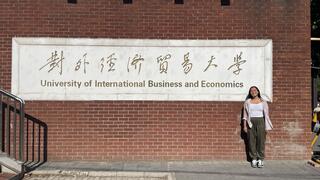
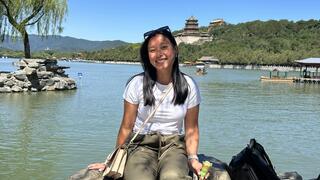
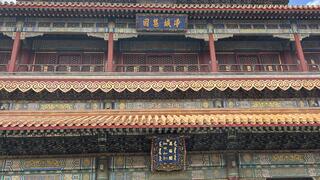
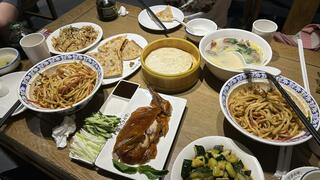
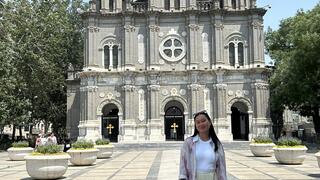

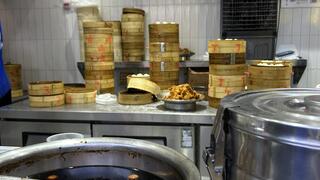
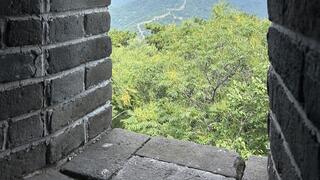

David Soler, Tokyo, Japan, AY 2025-2026
Sophia University, a Jesuit and SJU-Approved Program
In my junior year, I was lucky enough to participate in a full academic year study abroad program at Sophia University in Tokyo, Japan. Before heading out, I had the opportunity to commence and develop my Japanese language studies at SJU. Thanks to that foundation, I was confident and ready to throw myself into this new country, language, and culture all on my own. It was an experience where I broadened my horizons like never before, making friends from all over the world and learning about cultures in the most fun way possible. I quickly noticed how valuable learning a language to immerse yourself in a country can be.
Residence Life:
I lived in an international dorm where both full-time Japanese students and exchange students lived together, forming a diverse community where learning something new was an everyday occurrence. This new environment encouraged a lot of personal growth and self- learning. It was the kind of growth I wouldn’t have experienced if I hadn’t challenged myself to move to a country where everything is so different and forced myself to adapt. Campus life was also very vibrant; with all sorts of clubs and circles available for exchange students, there was always something happening. Overall, the transition didn't feel overwhelming once I was on campus.
Classroom Experience:
Sophia University offers a direct exchange program so I took classes alongside full-time students in an immersive experience, living just like any other student. There was a certain academic demand, so you had to put in the work, but it was still quite easy to balance studies with the fun side of being abroad. All my content classes were in English, but I also took Japanese classes, which were incredibly helpful for acclimating to life in Japan.
Rose:
I took time to travel extensively within Japan, sitting down to have conversations with people, share my stories, and hear theirs. These exchanges were the most valuable parts of my overall experience. I learned so much about different perspectives on life and was able to connect with strangers easily thanks to not having a language barrier. These were the experiences that made me fall in love with Japan and want to stay. I also had the chance to connect and get involved with local communities near where I lived. These people became my second family abroad and were a huge part of the amazing experience I had there.
Thorn:
In contrast, on campus, but outside of the dorm, it was sometimes difficult to make friends, especially Japanese ones. There are also many social rules, most of them unspoken, which can be challenging to get used to as an outsider. The most important thing, though, is to go with an open mind and remember that as visitors, it is on us to learn and adapt to our new environment. If you can do this, you will have a great experience and achieve a lot of self-growth.
I loved my experience so much that since returning to SJU, I have been focused on figuring out how to return to Japan after graduation. This decision has opened doors for me that I didn’t even know existed. I have applied for various fellowships and commenced my job-hunting process in Japan. This took me to the Boston Career Forum, a Japanese-English bilingual career fair. It is still too early to tell what my future holds, but I can say for sure that taking on Japanese studies with the Nealis Program in Asian Studies and then going abroad to Tokyo were decisions that completely changed the course of my life.

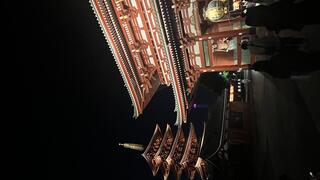
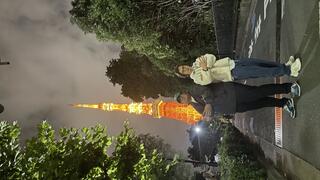
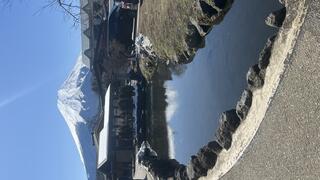

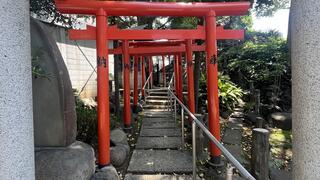
Interdisciplinary Approach
At Saint Joseph’s University, we offer an interdisciplinary major and minor in Asian Studies, with an option to focus on either South Asia or East Asia. Double-majoring or adding a minor in Asian Studies to your major will show that you’ve acquired specialized knowledge!
The size of our program makes it possible to work closely with individual Asian Studies faculty to receive the kind of personal attention and support that are vital for academic success. The program frequently brings Asia to campus through residencies, films, concerts and lectures; offers trips to sites like the United Nations and the National Gallery of Asian Art. In addition, NPAS strongly encourages study abroad in Asia and offers significant financial support to students, staff and faculty. With courses in the departments of Art and Art History, Economics, English, History, Languages and Linguistics, Political Science, and Theology, the program combines a solid foundation in the liberal arts with a specialized knowledge of Asia that will prepare graduates for success in a wide variety of career opportunities.
Career Opportunities
Careers for Asian Studies majors include international business and business development, international relations and diplomacy, journalism, public health, government service, international aid and development, leadership in museums and libraries, and education. Check out the opportunities for fellowships in Asia offered by the Office of Fellowships!